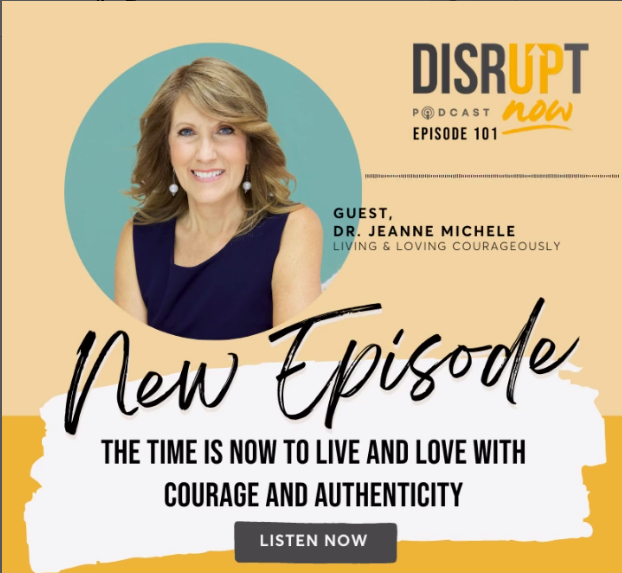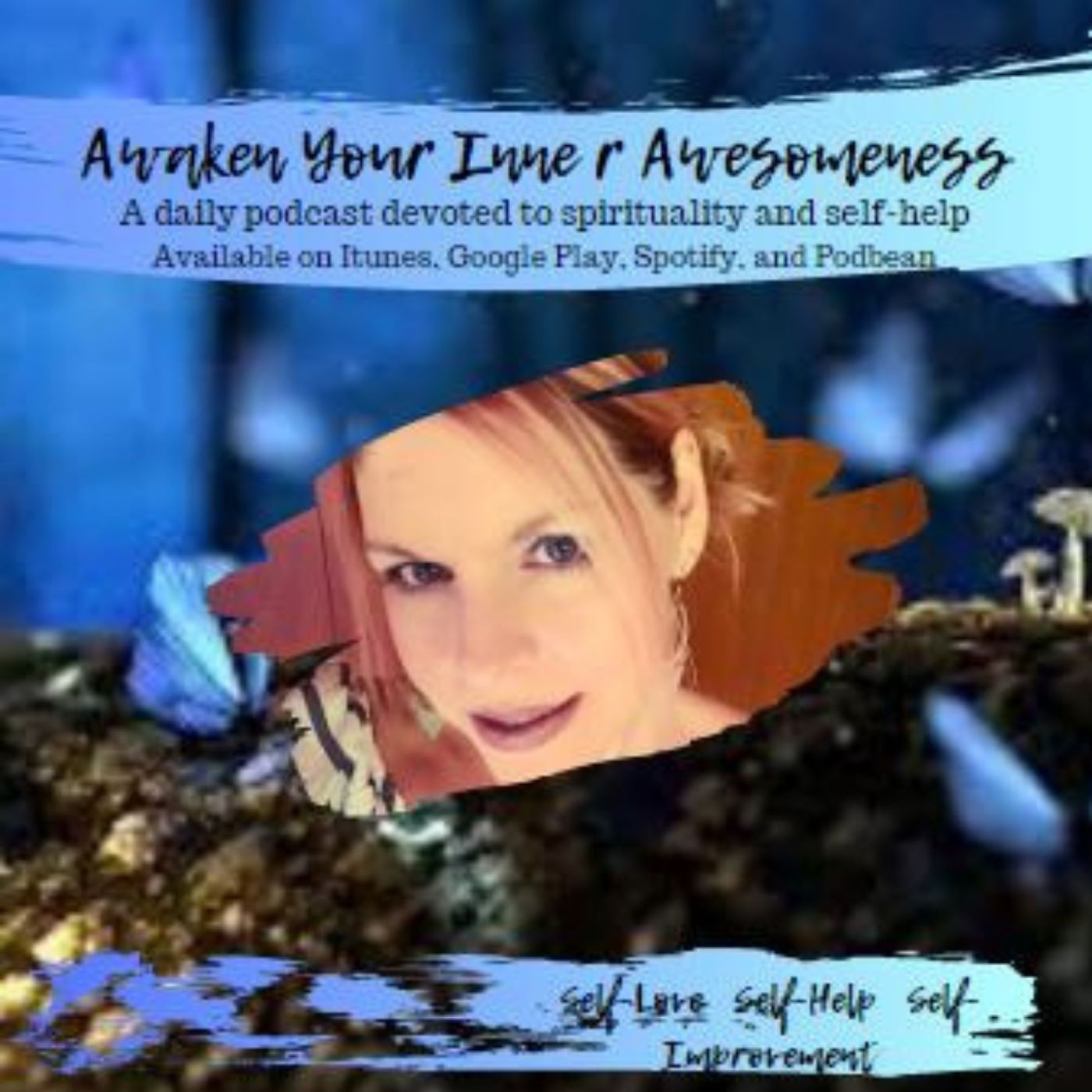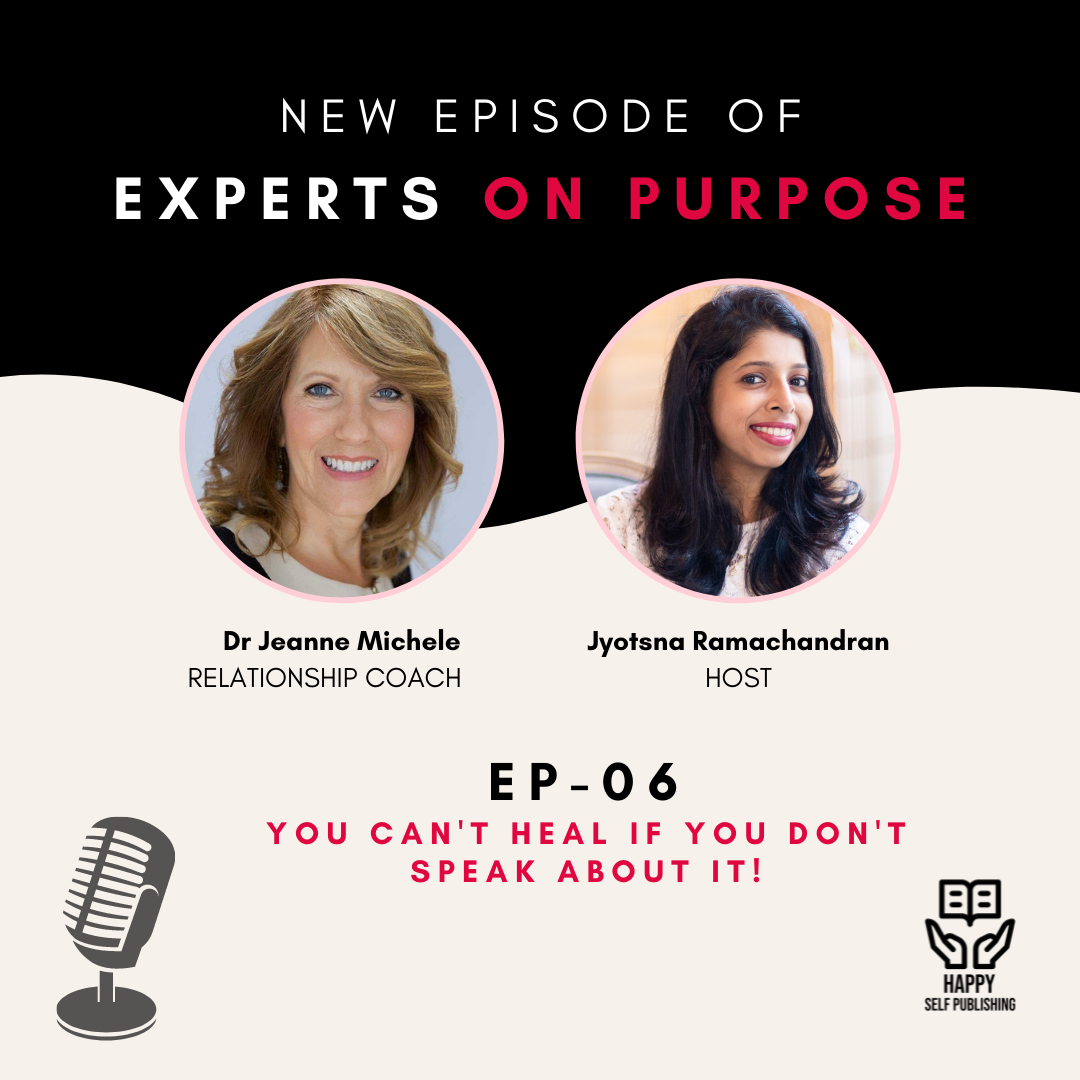Responding to Racism & Classism in America
A Call for Leadership, Courage & Social Change
“When you get closer to things that are meaningful it changes you.” – Bryan Stevenson
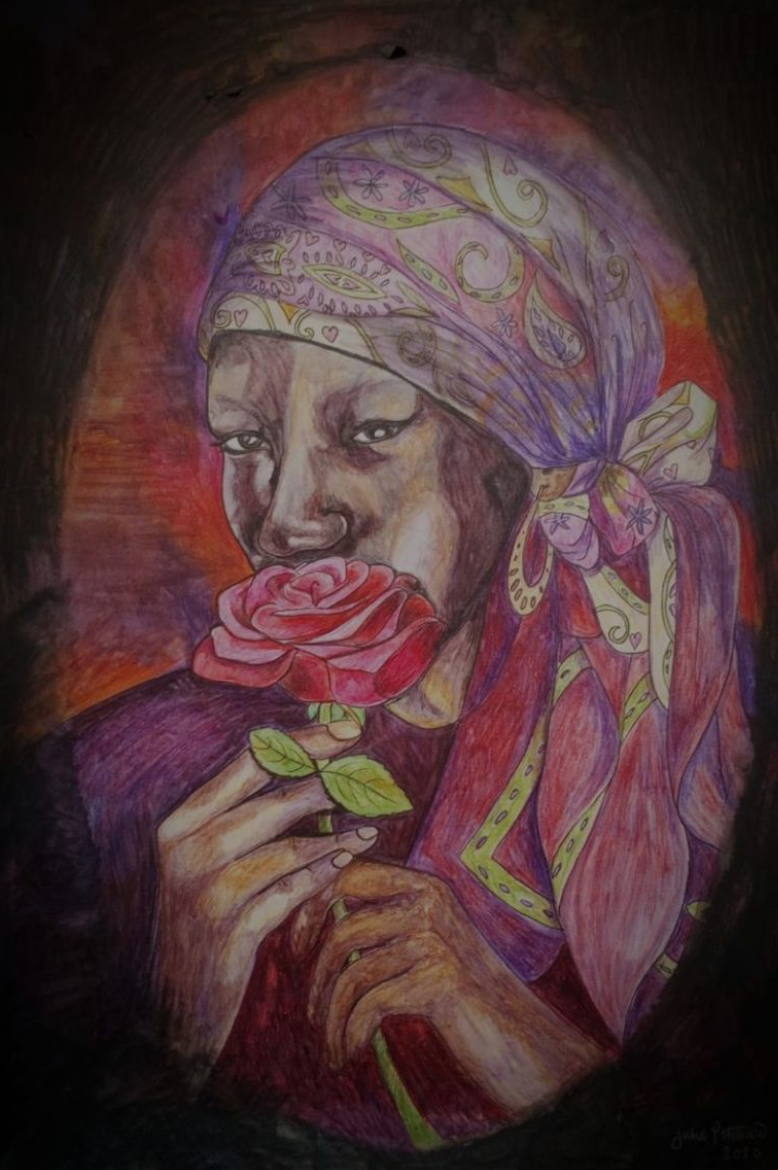
Artwork by Julie Pritchard
This was intended to be the week to compose my first edition of Living & Loving Courageously Inspirations; a time of excitement and celebration after a 6-week long endeavor of creating a new website which involved a deep introspective look into who I am and what I stand for in my work. Seemed like perfect timing as we were simultaneously experiencing a crack in the sheltering-in-place armor we have been shielding ourselves with.
My vision for this initial endeavor was for it to be a window into new beginnings; both personal and universal. I was poised and ready to create. And then the world turned once again, and the writing muse inside folded her arms in protest. She simply refused to speak, which compelled me to take time to pause and allow my thoughts to catch up with my emotions.
Professionally, I work with courageous people who continue to demonstrate the transformative and healing power of engaging in authentic, meaningful conversation. It is not easy to talk about uncomfortable topics like infidelity, falling out of love, losing one’s self, and working through issues like divorce, and uncertainty about the future. And I find, time and time again, the only way out is through. There is a direct correlation between our ability to rediscover ourselves and deepen our relationships, and our willingness to vulnerable, and speak and listen with heartfelt authenticity, kindness and courage.
The Black Lives Matter Movement is challenging us to talk about one of those uncomfortable topics that we tend to shy away from: Racism.
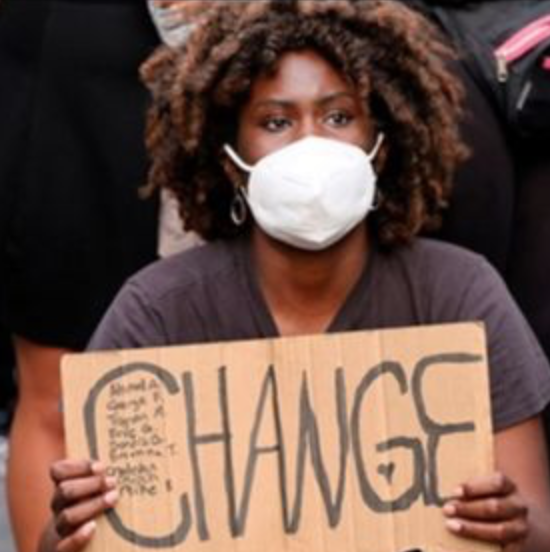
The theme of my work with couples and individuals is Living, Loving & Leading Courageously. We demonstrate courage when we move past the outer edges of what keeps us comfortable and both speak and listen about things that matter. Open-hearted listening, especially when you find the subject-matter uncomfortable, takes great courage.
One thing I know for sure: you cannot fully heal something you don’t talk about. This is true for couples, communities, countries, and our world. What we ignore, at some point, gets acted out in other ways.
We tend to act out things we don’t talk out.
Race is one of those uncomfortable topics we tend to shy away from. Talking about race is not easy. And yet, what we attempt to bury, doesn’t stay buried forever. It churns, festers, grows, and ultimately shows up in other ways, like passive-aggressive behavior, angry outbursts, polarization, anxiety and depression. We tend to act out the things we don’t talk about. So, let’s talk.
A Little About Me …
As a white woman living in a relatively safe area, who has grown up in one of my country’s more societally accepted religions, I have been spared many of the injustices experienced by People of Color and those whose religious practices are seen as “other.” While, I have have experienced gender bias and patronization in my past, I have not had the direct experience of being marginalized and immediately stereotyped based upon my skin coloring or where I choose to practice my faith.
Racial bias is something that none of us progressive white people would ever want to consider to be a part of our world. I fiercely believe in equality and will not tolerate someone using racial slurs or put-downs. And in light of recent events I wonder, is that enough? Unless I am willing to take a deeper look at a topic that is easier to ignore, am I unintentionally helping to perpetuate it?
It is my hope that these writings will stimulate dialog, and that my personal exploration will serve as inspiration for your own. So, let’s take a deeper look at what has transpired over the past couple of weeks and consider our role in creating and modeling the type of world we would like to live in now, and pass on to future generations.
Racism and Classism in America – Part I
The Black Lives Matter movement has initiated a worldwide dialog about racial suppression and the need for social change. Even companies are jumping on board. Just this week I have seen ads supporting BLM from Amazon, Kroger/Ralph’s stores, Petco, and WalMart. People all over the world are taking to the streets, either in support of, or in response to, cries for social change. Let’s take a deeper dive into the topic that has been permeating our media and world in recent weeks: Racism and Classism in America today.
Like a meteor, fast and furiously entering our atmosphere, a 2nd world crisis has hit. Perhaps in some ways it has been fueled by the first. We had already been growing restless sheltering in place in response to potential exposure to the initial deadly virus, when we witnessed a graphic display of the second; violent acts of racism, and responses to that racism.
The ticking time bomb of hatred and helplessness has detonated and exploded within our news outlets and social media pages resulting in indelible images, difficult to erase from our minds. Voices crying out to be heard are finding their way into protests; showing up as artistic expressions on walls, poster boards, and social media posts. Images and videos are sparking questions from our kids. We are being thrust into considering things we would rather not look at; things that disturb our peace and rock our world. We are being called to more deeply examine who we are, and what we stand for as individuals, families, religious institutions, communities, as a nation, and as a world. We have become a polarized nation at war with ourselves.
While many of us have had some kind of direct experience of alienation or bullying because we, in some way didn’t “fit in”, those of us who are not light skinned don’t have to deal with ongoing concerns of the possibility that a stranger may take aim at us simply by virtue of our skin color. Native Americans, and people of non-mainstream gender orientations, or religious affiliations, also know too well the potential cost of perceived “otherness”.
As someone born into a white skinned Catholic family, I haven’t experienced alienation based upon my skin color or religious practice. While I believe all people are equal, and am committed to treating them as such, racial discrimination does not directly enter my life on a daily basis. Acts of racial violence and unrest grab my attention mostly when headlines make their way into the tabloids. When something big happens, I raise my head in angry frustration, express outrage to friends, and feel a great deal of compassion for all involved. The difference is, that while I find the headlines disturbing, for me things ultimately subside and I am able to go back to business as usual. I realize I have mistakenly believed that race relations in the world today were in better shape than they actually are.
The racial uprisings of this time in history are demonstrating to us all, that while overt prejudice seems to have diminished, covert prejudice is alive and well. While this is challenging to witness, until we acknowledge its presence we can never truly heal it.
Images of the Black Lives Matter Movement and responses to it, are flooding our social media posts and news stories. From the pulpits to the streets, people are making their voices heard.
And, we are simultaneously witnessing the emergence of great fear, highlighting clashing values and beliefs. We are seeing extremists on both sides taking advantage of community vulnerabilities and cries for social change through engaging in violent acts of destruction. It feels like we are once again in the throws of a social revolution, reminiscent of battles fought for racial equality years ago.
We live in interesting times. Social Media allows instant access to happenings around the globe, heightening our sense of urgency. Love it, or hate it, news spreads very quickly. People of all walks of life are posting, talking, and taking a stand. I too am feeling a more urgent call to take a stand for the change I would like to see in the world. I want to stand in solidarity with those who have been targeted due to their religious beliefs; skin color; or social class, or marginalized in any way. I want to add my voice to the voice of countless others and say, “No More.”
As long as we see a problem as “out there” we cannot solve it.
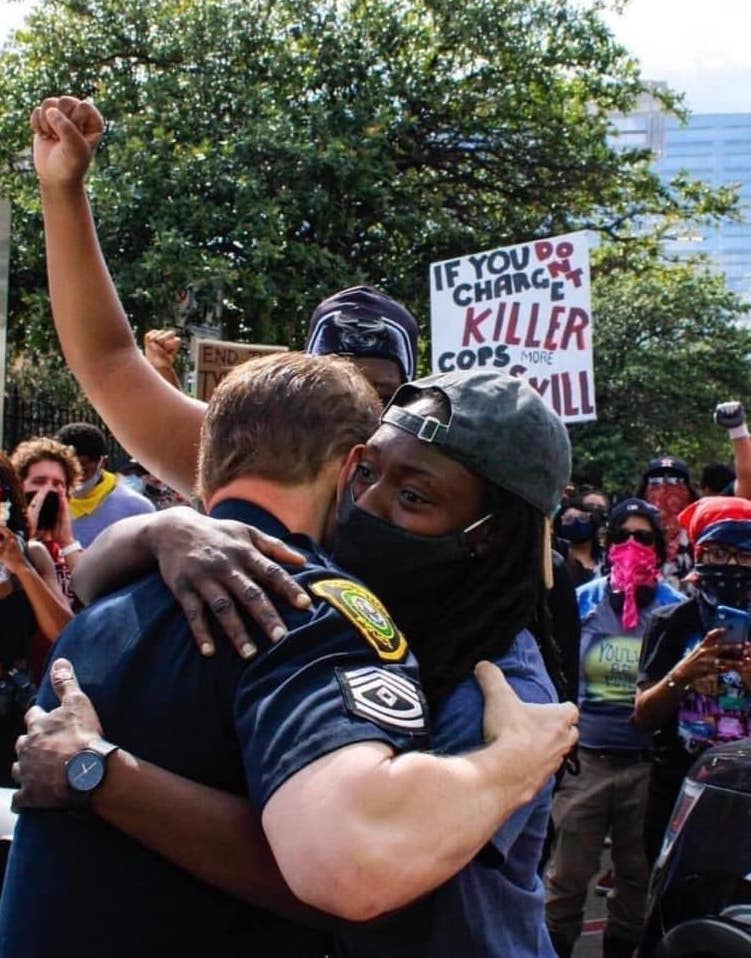 “There is no going back to what was. And we don’t have a clue what is yet to be. To sit in the uncomfortability of “not knowing” is one of the most difficult places to sit.” Over and over, I have said these words to clients experiencing personal crises like infidelity. How apropos these words have become for the state of our world today. We are a nation in crisis. We are a people with something to say. And we are saying it; drawing it; painting it; singing it; and screaming it.
“There is no going back to what was. And we don’t have a clue what is yet to be. To sit in the uncomfortability of “not knowing” is one of the most difficult places to sit.” Over and over, I have said these words to clients experiencing personal crises like infidelity. How apropos these words have become for the state of our world today. We are a nation in crisis. We are a people with something to say. And we are saying it; drawing it; painting it; singing it; and screaming it.
There is a fire burning in neighborhoods and our hearts that we cannot seem to quench. I find myself grieving the loss of the idealism rooted in the constitution of the country that I have grown up in.
We are still reeling from the brutal attacks and senseless killings of so many, including: Ahmaud Arbery. Breonna Taylor. George Floyd. People around the world have taken their outrage to the streets. How do we heal, recover, and make new choices moving forward?
As we rebuild our communities, let us also rebuild our thinking.
Grief hangs in the air like tear gas as we recover from the residue of burning buildings, the use of extreme force, and violent attacks on our people and our businesses. We are living in a time of extreme polarization, with each side screaming for its own brand of justice.
The BLM Movement is causing us to take a deeper look at racism and the impact “white privilege” has had upon others. Confession: As with most lighter skinned people I know, until recently, the words “White Privilege” haven’t really settled into my vocabulary. I have never seen my whiteness as something meriting special treatment. When you are in the majority though, there are certain things you can more easily take for granted or ignore. Most of us white folk don’t experience the underlying worry that we could be a target of racial profiling as we walk or drive through various neighborhoods.
I am committed to cultivating a deeper understanding of our social structure through reading and discussing with people who have been oppressed by it. I believe I bear a civic responsibility to stand in solidarity with those who are marginalized for their skin color, religious affiliation, or any other reason.
Solidarity is one of the buzzwords in today’s world. Language is important to clarify. Let’s take a minute to look at Merriam Webster’s definition and unpack what solidarity means regarding the current world crisis. Solidarity; unity (as of a group or class) that produces or is based on community of interests, objectives, and standards.
To stand in solidarity with someone means paying more attention to what unites us, than to what divides us.
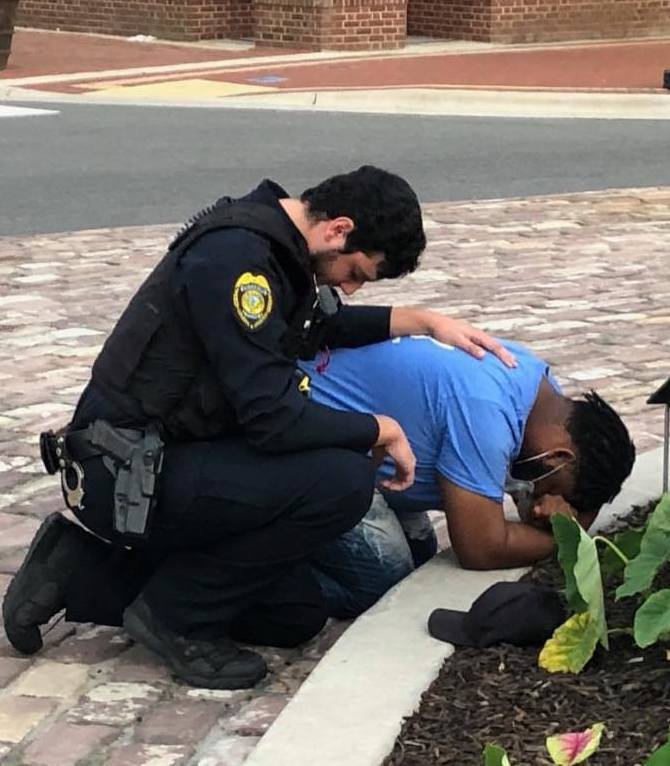 To stand in solidarity with someone, or something, means paying more attention to what unites, than to what divides. We do this through embracing our common needs and values as human beings, like creating safe places for our children to play and learn, and taking actions that are in alignment with those interests and beliefs.
To stand in solidarity with someone, or something, means paying more attention to what unites, than to what divides. We do this through embracing our common needs and values as human beings, like creating safe places for our children to play and learn, and taking actions that are in alignment with those interests and beliefs.
Applying that to what is happening in our world right now, standing in solidarity with Black Americans, and other marginalized segments of our population involves: a willingness to listen more deeply; a commitment to refrain from drawing immediate conclusion; a willingness to examine the covert ways prejudice may show up in our own thought systems and language; and a commitment to stand up for racial and religious persecution as it shows up in conversations with people in our own circles of influence and beyond.
Let’s Build Bridges Instead of Walls
As we begin the process of recovering from the viruses attempting to invade our bodies, let us also devote time to healing the viruses which have invaded our minds, and social structures.
Crises, whether personal or pandemic, erupt when people quit paying attention and talking about what truly matters. Crisis recovery involves getting real. It’s time we begin engaging in real conversations with each other. We build bridges instead of walls when we muster up the courage to speak authentically, and listen open-heartedly. This is how we begin to rebuild trust, and pave the way for social and relational reform.
As we rebuild our communities, let us also rebuild our thinking. As long as we see the problem as “out there” we cannot solve it. Let’s rise above our fears and perceived differences, and work toward creating a World that works for everyone.
Here are two challenges I invite each of us to take on.
CHALLENGE #1 – Taking a Look Inside
The first challenge is more introspective. Consider what has been stirring inside of you relative to what you have been seeing in the news and on social media, now, or something else that you consider unjust. Sit down at your computer, or open your favorite journal and write your responses to the following questions:
You may want to think about these questions from two perspectives: 1) your personal relationships; 2) your view of people whose skin coloring, ethnic / religious background, gender, gender orientation, or thinking may be different from yours. Be honest. Get real. This is for your eyes only.
QUESTION #1: What are you not talking about right now? (Possibilities to explore: Where have you swallowed your voice in order to keep the peace? What are you perhaps acting out instead of talking out?)
QUESTION #2: What has been keeping you silent? (Example: Fear? Not knowing what to say or how to say it? Concern about hurting someone’s feelings? Dismissing it is not that important? Fear of how others may see you? Not wanting to disturb the status quo?)
CHALLENGE #2 – Putting Compassion & Creativity Into Action
This challenge is twofold: Action #1 involves engaging with others; Action #2 involves creative visioning which can be done either solo or with a group.
COMPASSIONATE ACTION #1: Engage in conversation with someone you perceive as “different”. Their difference can be race, religion, politics, gender, gender orientation, age, life style, profession, or they may be someone who “looks like you” but thinks differently. This can be any “difference” of your choosing. As you engage with this person / group of people, be curious; vow to listen more than you speak; and be open to discovering at least one new idea, or false assumption that you may have previously held.
Here is a possible Conversation Starter. (You may want to explore these questions personally, before engaging in conversation with someone else).
Have you ever suffered, or witnessed someone else suffering injustices based upon their race, religious beliefs, or other types of prejudice? Follow-up question, if appropriate: What action did you take, or do you wish you would have taken?
Another idea, easy to implement immediately, is to Extend Kindness. Even with social distancing, you can be more conscious of saying hello or acknowledging someone you would not normally have spoken with, noticed, or perhaps thought of as “other.” Maybe there is a family member who could use a little more of your presence this week. The anxiety of the world is high these days. Each of us could use a little extra TLC. To quote Gandhi, “Be the Change you want to see in the world.”
COMPASSIONATE ACTION #2: Engage Your Creativity! Music and art express ideas and move us in ways that mere words simply cannot.
I invite you to listen to the song World from Five for Fighting (link below). I suggest you listen to the song at least twice: 1) Listen and watch the video. (Shout out to Sean Fury for video compilation.) 2) Have a listen with your eyes closed. Allow yourself to be still and linger a bit. Let the music open your heart and mind; breathe into it. Allow yourself to open into a liminal space where you can envision: What Kind of World You Want.
Next engage your creativity. Write, draw, paint, sing, collage, Vision Board; open to whatever wants to speak from the depths of your soul. (Hint: This is a brainstorming activity. No idea is too big. No censoring. You don’t have to know how, just creatively express.) This could also be an inspiring activity to engage in as a couple or with a group. Allow your imagination to fly free!
It is my hope that these writings stir something inside of you. Perhaps you will be inspired to take some compassionate action. Maybe you will choose to engage in deeper. and more heartfelt, courageous conversations with someone you have seen as “other.” Perhaps you will linger a bit longer within a conversation, or offer a word of kindness to someone you pass on the street or in line at the grocery store. Every act of kindness and compassion helps to build a better world for ourselves and future generations.
Author and Poet, John O’Donohue, offers a beautiful reflection to help light our way forward: “There is a quiet light that shines in every heart. It is what illuminates our minds to see beauty, our desire to seek possibility, and our hearts to love life.” John O’Donohue
May you tap into the muse that lives deep within your soul and allow her expression to guide your healing. May you not run from that which disturbs you. May you courageously engage in conversations that matter. May you find moments to offer your compassion to another. And, may you find a place for your heart to be heard, and your voice to sing this day.
Until next time, I invite you to: LIVE, LOVE & LEAD with Wisdom, Courage and Passion.
Peace, Love & Blessings,
Dr. Jeanne Michele

